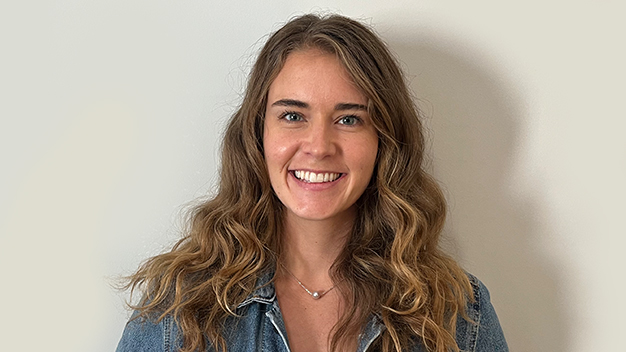Empathy when integrating with other tools
JD Long

Episode notes
As people have recently asked more about building communities, I’ll share this snippet here from 45:29 in his hangout.
I started the Chicago useR Group 13-14 years ago and the design pattern for that group was, I think, a really good one:
1. We had about four or five people who were going to get together, drink beer, and talk about R anyway, and what we effectively said was, “let’s get in the types of presentations the four or five of us would like to hear, and then invite other people.”
And if they don’t show up, we don’t really care because we were going to drink beer and listen to this anyway because we’re interested in this.
And that community grew wildly with me running it like as a benevolent dictator just getting the presentations I wanted to hear.
2. And then one of the things I observed is we were getting lots of new users of R. So I decided once a quarter we would have a beginner’s meetup–
And at the beginner’s night, we would make sure we had two things:
Topics appropriate for beginners: like grouping and summing, and getting environments set up or updating packages. All the normal stuff people have friction with. Focus on that.
Then we would make sure we had–I would call it now like a learner salon or something. We had a handful of people who were more experienced who said, I will sit at a table and anybody that brings their computer with questions, I will answer.
We would have really senior people with lots of experience there doing Q&A, and people could bring their own problems, literally eat pizza, drink beer, and look at code. Those beginner nights were super helpful.
So anyway, when people ask about building communities, I recommend those two things.
Featured in this episode

